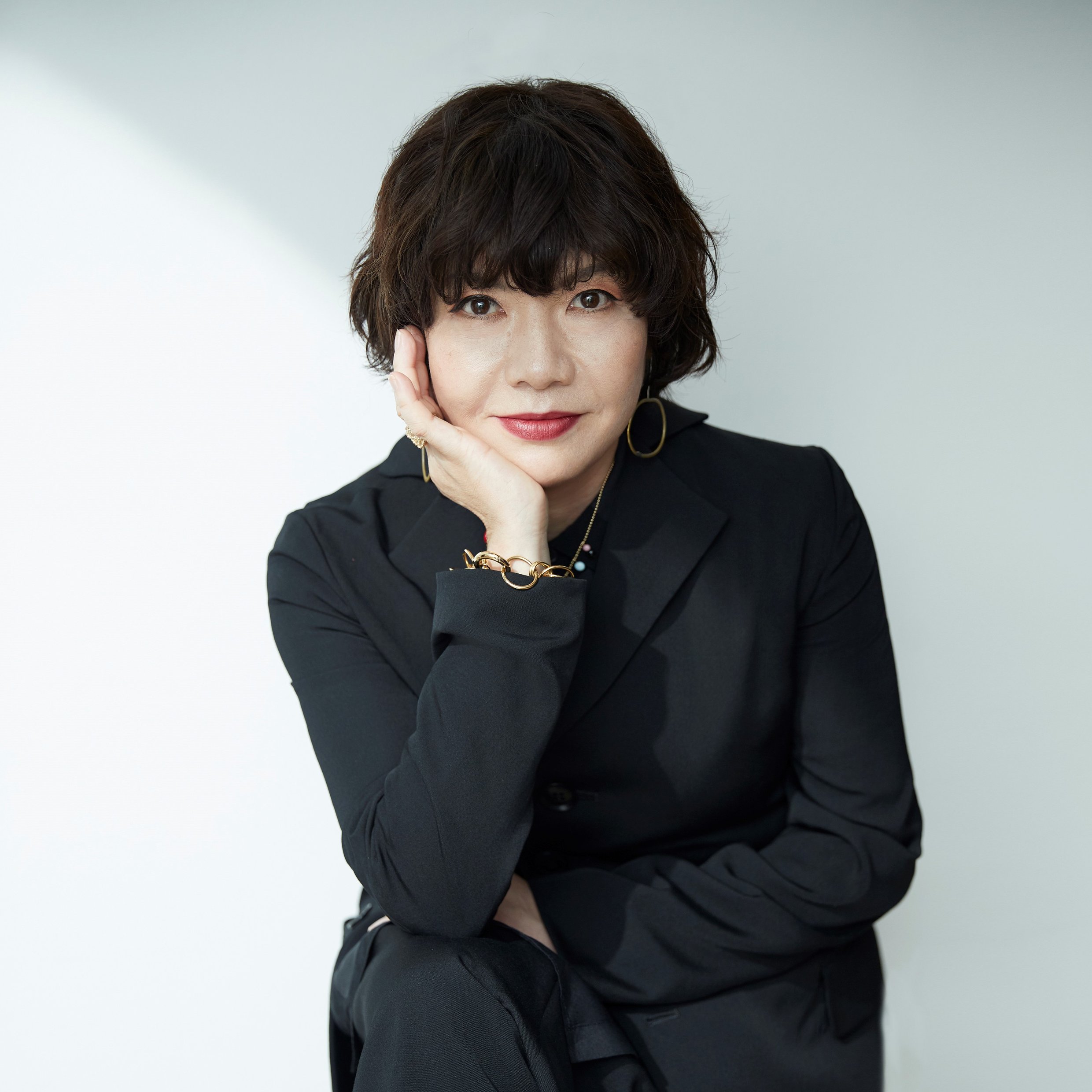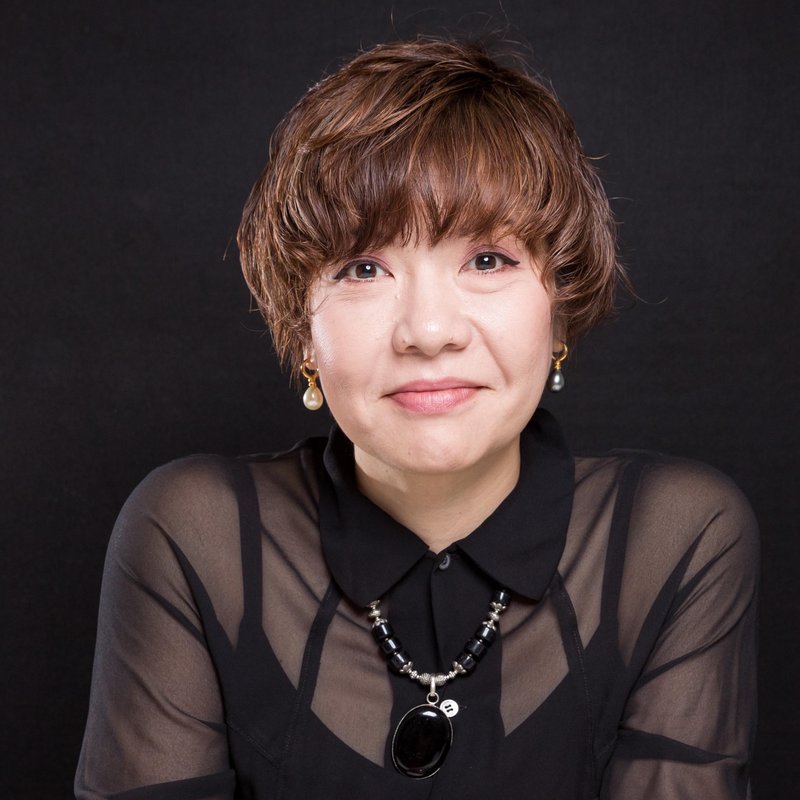"It gives me hope that we’ve been given a chance to stop and rethink what’s really essential for human society and the future of the planet."
Interview with Mami Kataoka, Director of the Mori Art Museum, and President of CIMAM, for Goethe-Institut, June 2020.

What would you say are symbols of your current situation or the current situation in your country?
The number of people in Japan infected with the new coronavirus peaked in April and is now declining, so the national state of emergency has been by and large lifted, with a few exceptions. This is the beginning of a phase in which we’re looking for new ways of going about daily life. The other day, I imagined our planet undergoing a self-purification process, the living organism of our earth – enveloped in its polluted atmosphere, amid extreme weather and climate change – shedding excess fat and toxins in a detoxification process.
The situation remains ambiguous here in Japan, as if we were choking on cotton or walking on thin ice. The government has not imposed a hard lockdown The watchword is, instead, self-restraint – a policy relying on individual decisions. This is, then, a test of the extent to which the virus can be contained by the collective will and ethical awareness of Japanese citizens. The situation is going to stay this way, to varying degrees, for a while.
How will the pandemic change the world? What do you see as long-term consequences of the crisis?
Since the year 2000, we have experienced worldwide waves of infectious diseases such as SARS, MERS, influenza and the Zika virus. Infections with the new coronavirus have spread to become a global pandemic – and it should be noted that such epidemics are very likely to break out again in future. It has also been repeatedly established that global warming and climate changes, which are increasing faster than expected, are triggering such crises. It’s clearly essential in the long term for the international community to join forces to take on the tremendous challenge of climate change together; achieving the Sustainable Development Goals cannot wait till 2030. It is equally clear that politicizing COVID-19 is stupid.
Huge efforts will be needed to re-stabilize the global economy and support socially disadvantaged members of society in future. Indispensable to that end is a critical reassessment of the neoliberal economy that has widened the gap between rich and poor, and of our blind assent to globalization. It’s up to the leaders of the international community to pave the way for a mature society, i.e. a society that is not geared towards achieving simple growth, but attaches great importance to well-being and security as well.
It is also essential to heed the ancient wisdom of indigenous peoples, who survived, thousands, even tens of thousands of years ago, without any advanced technology or global economy. First and foremost, we must look for a new form of ecology that can preserve the essence of human life. In the meantime, we must always bear in mind that COVID-19 may be but the harbinger of an even bigger crisis. In this context, we need to get together and think about what would make up a sustainable human society in the long run.
What gives you hope?
The very fact that the bloated global neoliberal economy has come to a temporary standstill is a development that gives me "hope". The virus has achieved something no political power or wealth could have achieved. It gives me hope that we’ve been given a chance to stop and rethink what’s really essential for human society and the future of the planet.
In the world of contemporary art, the global art market has been expanding since the late 2000s, so even the world's leading museums are finding it hard, on their regular budgets, to buy works that ought to be preserved for posterity. Thanks to their business models, museums have become dependent on tourist money and blockbusters, which has eclipsed the museum’s function as a place of philosophical reflection on the meaning of human existence, life, time and space.
When questioning the nature of art today and considering how it can help tackle the global challenges of climate change and sustainability, and when reconsidering the purpose of museums and what the art world as such should really be about, we should move back and forth between local and global perspectives. This process holds hope for the future.
Author

Kataoka is Director of the Mori Art Museum, Tokyo (January 2020-) where she joined its inauguration in 2003. In prior, she was Chief Curator at Tokyo Opera City Art Gallery (1997-2002). She was also International Curator at the Hayward Gallery, London (2007-2009); Co-Artistic Director for the 9th Gwangju Biennale, South Korea (2012); and Artistic Director of the 21st Biennale of Sydney (2018). She is also President of CIMAM [International Committee for Museums and Collections of Modern Art] in 2020-2022, where she had served as a board member between 2014-2019. Kataoka is Adjunct Professor at Kyoto University of Art and Design Graduate School of Art and Design Studies and Tokyo University of the Arts.
Copyright: Goethe-Institut e. V., online editorial office, June 2020